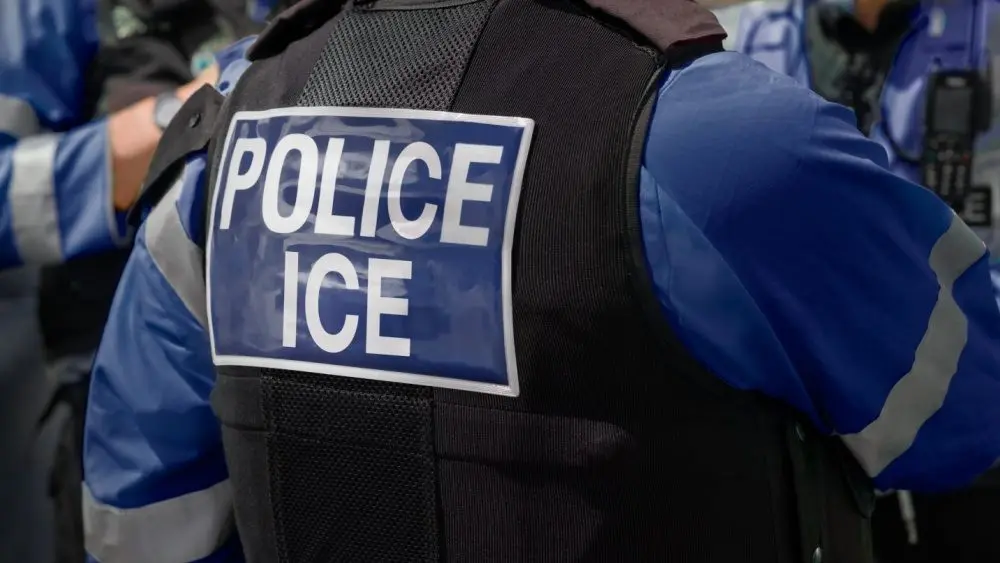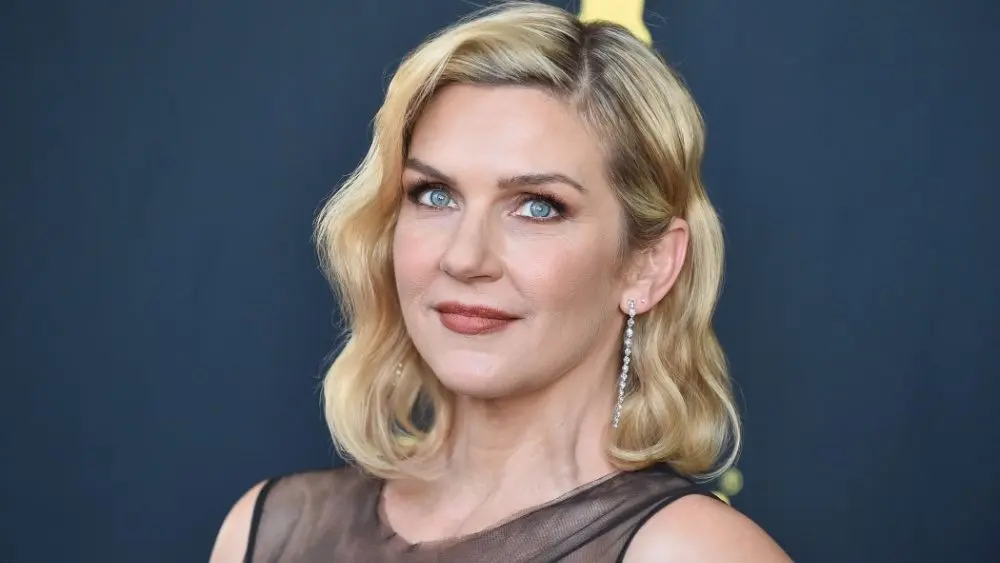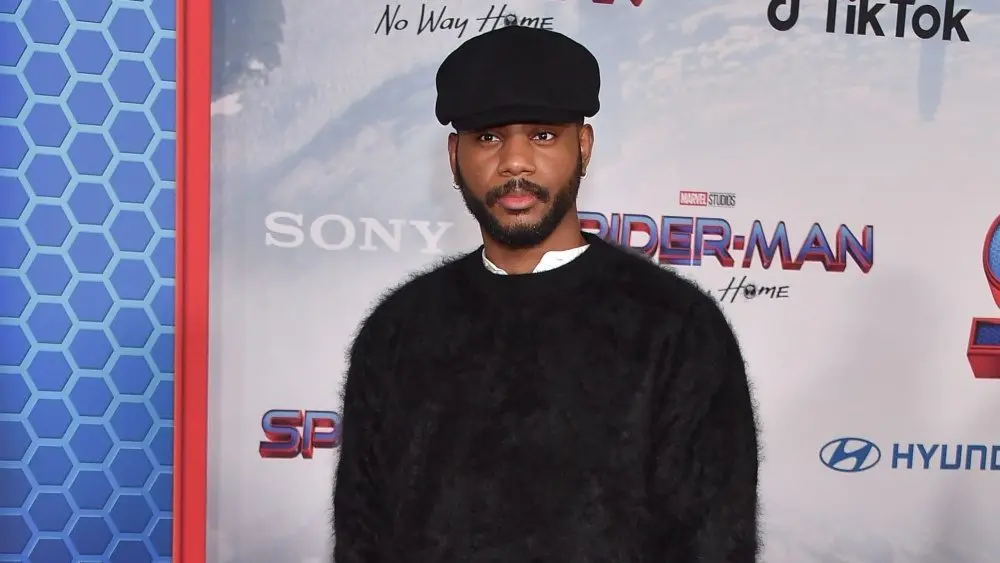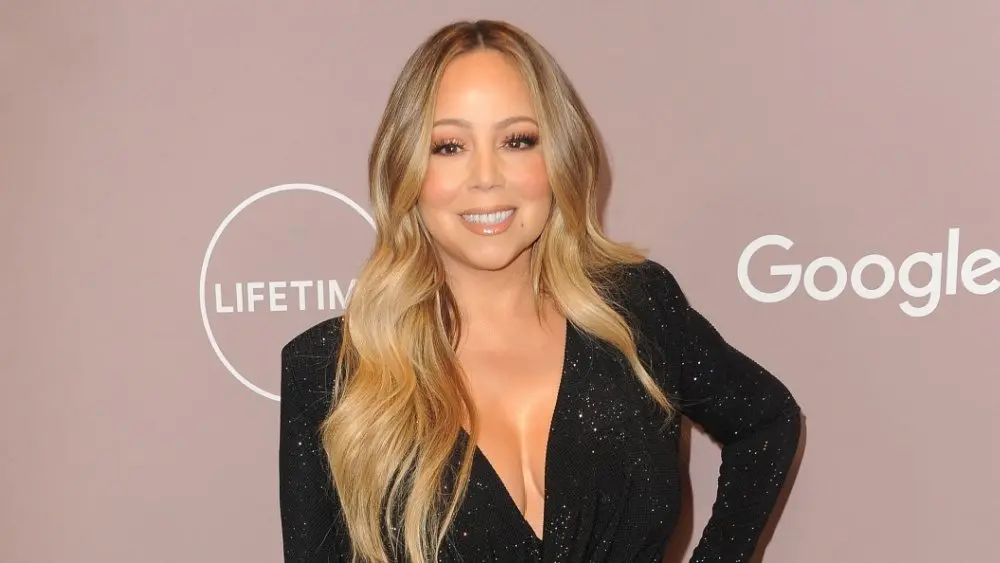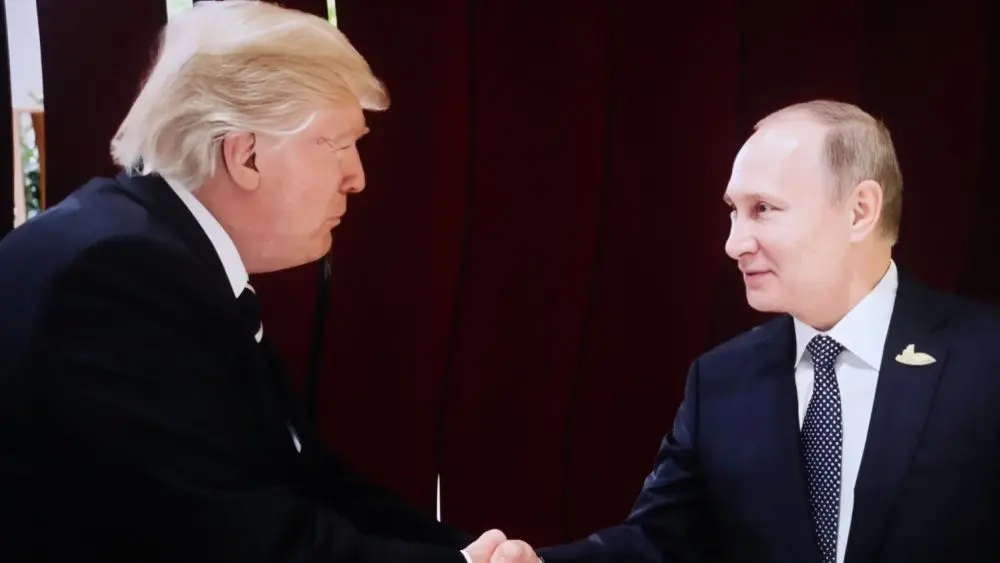
Plans for a potential summit between President Donald Trump and Russian President Vladimir Putin appear to be off the table for now, despite Trump’s recent claim that the two leaders would soon meet in Budapest to discuss the ongoing war in Ukraine.
A senior White House official confirmed Tuesday that “there are no plans for President Trump to meet with President Putin in the immediate future,” effectively halting speculation of a meeting in the coming weeks. Trump had told reporters last Thursday that he expected to sit down with Putin “within two weeks or so,” suggesting that senior advisers from both nations would hold preliminary discussions first. Those early talks began on Monday when Secretary of State Marco Rubio spoke with Russian Foreign Minister Sergei Lavrov by phone.
According to the White House, that conversation went well enough that no in-person meeting between the two diplomats is currently planned. The official said that “Secretary Rubio and Foreign Minister Lavrov had a productive call. Therefore, an additional in person meeting between the Secretary and Foreign Minister is not necessary, and there are no plans for President Trump to meet with President Putin in the immediate future.”
A second White House source described the call as “productive” but added that Trump decided to “press pause” after being briefed, believing both sides were not yet prepared to engage in serious peace negotiations. Another Rubio-Lavrov phone call could take place later this week, though no specific date has been confirmed. Both diplomats are expected to attend the Association of Southeast Asian Nations summit this weekend.
Trump’s interest in rekindling dialogue with Putin has made little tangible progress since his phone call with Putin last Thursday, and his meeting with Ukrainian President Volodymyr Zelenskyy at the White House last Friday. Zelenskyy, who visited Washington to appeal for U.S. Tomahawk cruise missiles and other advanced weaponry, revealed Monday that the Trump administration had declined to provide Ukraine with the long-range missiles—though he said the “issue is not off the table.” Despite the setback, Zelenskyy described his meeting with Trump as “positive” and said he was awaiting word on whether he might be invited to participate in the now-stalled Budapest discussions.
Meanwhile, the Kremlin has emphasized that no meeting between Trump and Putin had ever been formally scheduled. Putin’s spokesman Dmitry Peskov said Tuesday that “you can’t postpone what was not scheduled, with Deputy Foreign Minister Sergei Ryabkov echoing that sentiment in an interview with Russia’s TASS state news agency, noting, “we cannot postpone what has not been agreed upon.” Ryabkov added that internal discussions are ongoing and promised to share updates “as new information becomes available.”
Lavrov later confirmed that his conversation with Rubio focused on developing a “framework for the next meeting” between the two presidents. “The key point is not the venue or timing, but how we will proceed substantively on the tasks that were agreed upon and on which broad understanding was reached in Anchorage,” he said, referencing Trump and Putin’s August meeting in Alaska. Lavrov added that Moscow’s stance remains consistent with the principles both leaders outlined during that earlier summit. “Those understandings are based on the agreement achieved at that time, which President Trump very succinctly formulated when he said that what is needed is a long-term, sustainable peace, not an immediate ceasefire that would lead nowhere,” he explained.
Lavrov also criticized the U.S. for what he characterized as an unwillingness to address the deeper causes of the war, saying “now, Washington is saying that we need to stop immediately and not discuss anything further. We need to stop and let history decide. You see, if we just stop, we will forget about the root causes of this conflict, which the American administration clearly understood when Donald Trump came to power.”
Editorial credit: Photo Agency / Shutterstock.com

